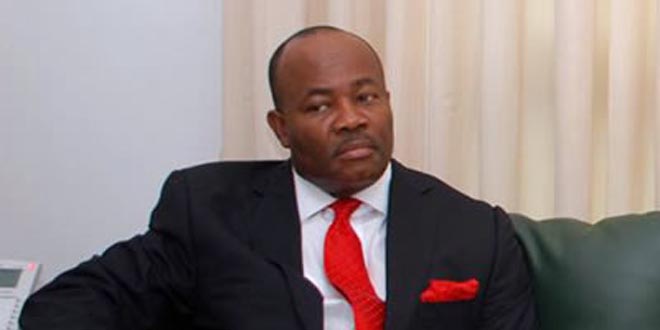Musikilu Mojeed, the Editor-in-chief of Premium Times, showcased his book titled “The Letterman” at the CORA Book Trek held on Sunday, April 30th, 2023.
The Book Trek is a periodic event hosted by the Committee of Relevant Art (CORA) that features book reviews and readings by some of Africa’s most engaging literary writers. The event took place at the Roving Heights Book Store located at the Landmark event centre in Victoria Island, Lagos.
Join our WhatsApp ChannelThe author shared his experiences writing the book, including his motivations and engaged in conversations with the audience about the book.
“The Letterman: Inside the ‘Secret’ Letters of Former Nigerian President, Olusegun Obasanjo” was published in December 2022 and is a 492-page book that explores the role of letter writing in leadership, governance, and politics.
READ ALSO:‘Peter Pan & Wendy’: First Watch Review
The book was publicly presented in December, and it received commendations from former Presidents Obasanjo and Goodluck Jonathan, who was represented at the event.
The Letterman Review
“The Letterman: Inside the ‘Secret’ Letters of former Nigerian President Olusegun Obasanjo” is a book that provides a rare insight into the largely unknown and unseen aspect of General Obasanjo’s life. The book is made up of 25 chapters that cover a range of subjects, and it opens up a rare and exciting vista into the life of its subject.
The author of the book, Musikilu Mojeed, reminds us that General Obasanjo elevated letter writing to an art in the school of governance. The letters in the book speak to important times and life-defining moments and events.
For the average reader, a mention of Obasanjo’s letters would naturally have taken them to the times of Presidents Yar’Adua, Jonathan, and Buhari, and those with a little bit of memory may go back to the days of General Babangida. However, it is revealed in the book that the business of letter writing has been in the DNA of General Obasanjo right from the days of old.
In the foreword of the book, Chief Emeka Anyaoku, former secretary general of the Commonwealth, gives an insight into the world of letter writing and how much it has always been embedded in the social fabric of life from the times of Cicero to St. Paul. General Obasanjo’s letters, at least in this volume, do not possess an exhortatory tonality.
The book reveals General Obasanjo’s abiding passion and patriotic commitment to the principles and professionalism of the military. This is marked by a rare show of courage, as seen in the rather strong-headed, stubborn but candid confrontations with his superiors. Nowhere is General Obasanjo’s almost suicidal courage displayed as in his times as the Commander of the famous 3rd Marine Commando.
It is difficult to fathom where and how Colonel Obasanjo, as he then was, would have summoned the courage to write to his superiors, beginning with the Head of State and Commander-in-Chief, General Yakubu Gowon, the Chief of Army Staff then, Hassan Usman Katsina, and other senior officers to him, such as Brigadier Eyo Okon Ekpo, whom he criticized for enrolling to read Law, part-time, while the war was on!
There is evidence from the letters that Colonel Obasanjo was clear in his mind about what he needed to do to end the war. It is evident that he had total control and knowledge of his men and the resources available to him. He had then proceeded to transfer some officers, in an act that was obviously within his powers.
The news got to Brigadier Hassan Usman Katsina, the Chief of Army Staff. It was also within Katsina’s powers to remove Obasanjo or cancel the transfers. It was not unlikely that some of the officers with close connections with the Chief of Staff decided to read some ethnic coloration to the action.
In response to the rumours that reached him through Lt. Col. James Oluleye, who was General Staff Officer 1 (GSO1) at Army Headquarters, Colonel Obasanjo fired a letter to his Chief of Staff dated 17th July 1969. In it, he said, among other things, in a rather brutal display of bravado and near insolence:
“If I carry out a re-organization within the Division and in the best interest of the Division and the Army, and the re-organization cannot be supported by you because of the interest of one officer out of six who are affected, then the future of the Army and the nation is gloomy.” It is clear from the letters that Colonel Obasanjo’s abiding patriotism was deep and that, for him


















Follow Us